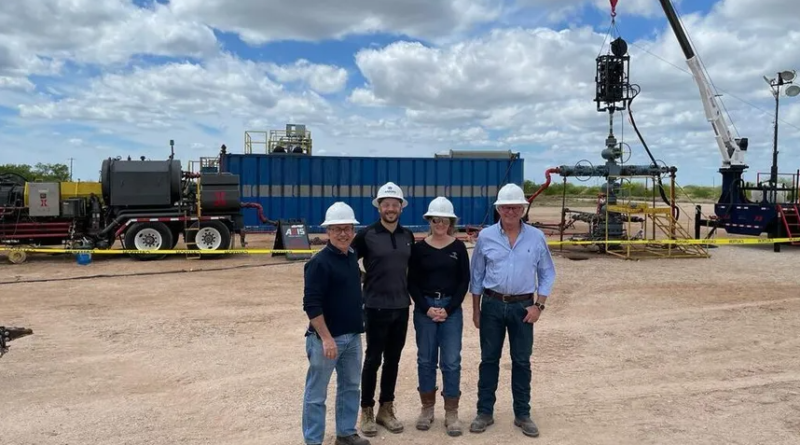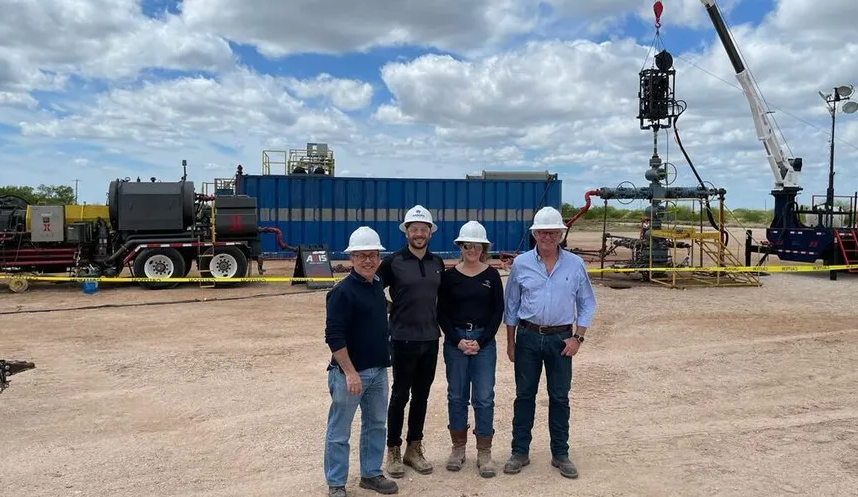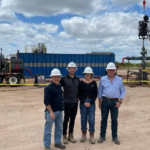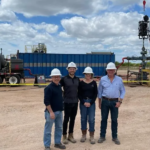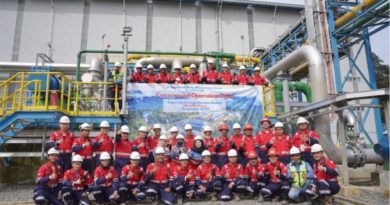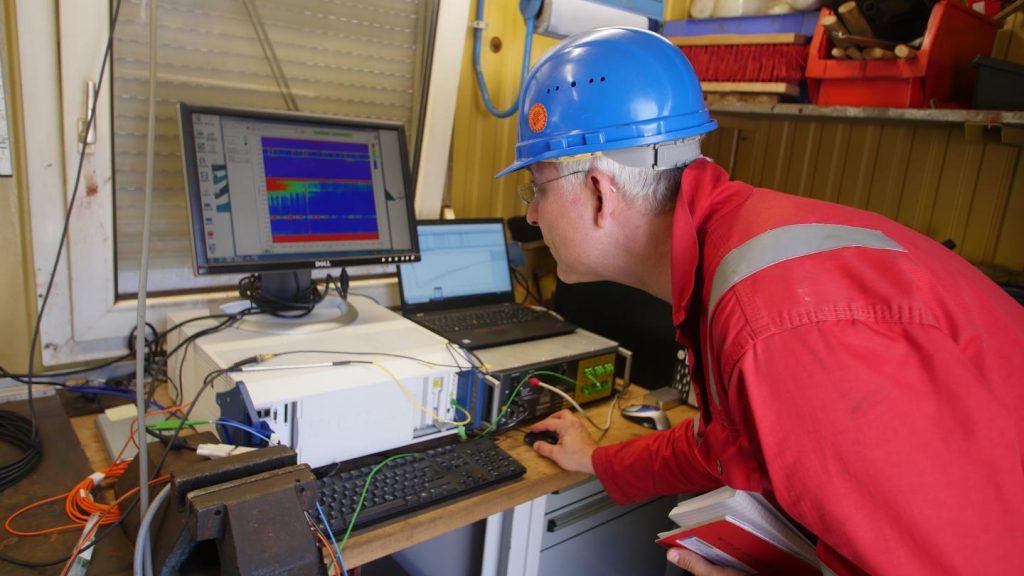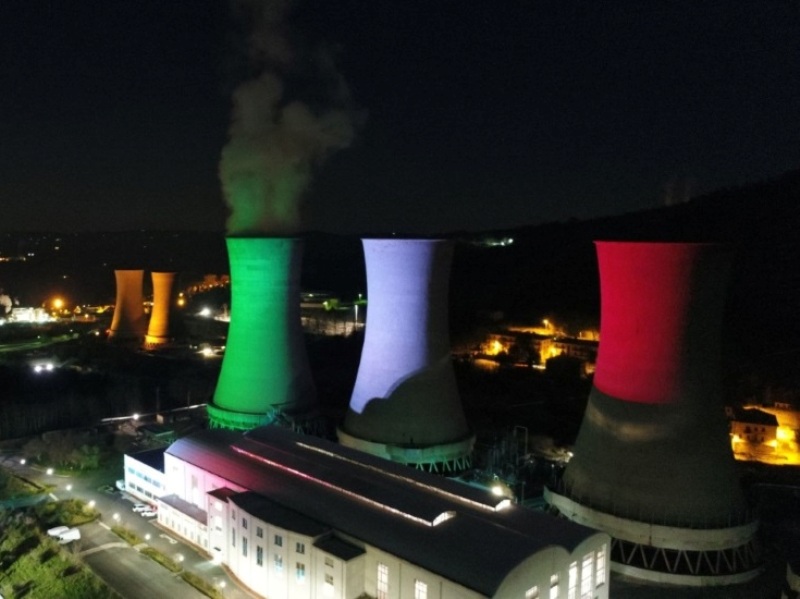Sage Geosystems testing underground energy storage at Texas site
Energy Disrupter
Sage Geosystems is currently conducting tests of an underground thermal energy storage system in Texas, verifying the flexibility and reliability of such a system.
Texas-based startup Sage Geosystems is currently running tests for underground storage of thermal energy at a test site in Starr County, Texas. Tests are being run on an abandoned gas exploration well through which water is being pumped into an underground reservoir.
Testing of the EarthStore energy storage system has been ongoing since November 2021, with nearly six months of accumulated field testing to date. By pumping large volumes of water into an underground reservoir, Sage is trying to determine how much excess renewable power can be stored underground.
According to early test results, pumping 5,000 barrels of water into the well can produce 200 kW of electricity in a 5-hour period. Increasing the volume up to 20,000 barrels results to an increased capacity of 650 kW of electricity over 2 hours.
The tests have allowed Sage to demonstrate that the duration of power generation is proportional to the volume of water stored in the reservoir, and that power can dispatched at various rates by controlling the flowrate from the fracture.
External validation of the test results are ongoing and Sage states that the results will be published soon. The current setup at the test site is being dismantled. Sage then plans to return later this year to conduct the tests at a larger scale and demonstrate commercial-scale power generation using high-pressure turbines.
Over the long term, the goal of Sage is to combine underground thermal storage with geothermal power production. With a well deep enough to access temperatures sufficient for power generation, the efficiency can go up to 200% as the facility can provide both energy storage and generation.
Seismic monitoring
To address any concerns of induced seismicity because of injection of water into an underground reservoir, Sage installed four seismic monitoring stations around the test site. These stations have been recording data since September 2021, before the start of the testing.
According to Sage CEO Cindy Taff, the stations have not detected any earthquakes and tremors so far. All the data from the seismic monitoring stations are available publicly through a portal called TexNet, which is run by the Bureau of Economic Geology at the University of Texas at Austin.
Strategic partnerships
Over the last couple of months, Sage has formed strategic partnership in a bid to advance the deployment of their proprietary geothermal technologies. In late 2022, Sage announced an investment from Ignis H2 Energy Inc. (Ignis) and its sister company Geolog International BV (GEOLOG) to accelerate the deployment of low-cost energy storage solutions.
Sage has also made a presence in Europe through TerraThermo GmbH, a partnership between Sage Geosystems and ZeroGeo Energy GmbH. Through this partnership, ZeroGeo and Sage intends to develop long-duration energy storage and geothermal baseload power generation at competitive costs.
Source: Canary Media and Sage Geosystems

